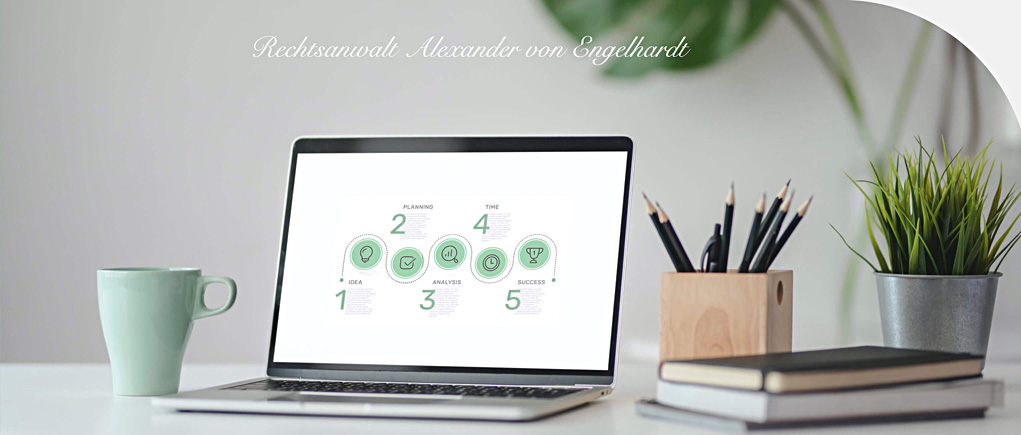Flat Input VAT Payment for Translators
As has been introduced already, some professions can submit a flat input VAT amount in their VAT return. Can translators consider themselves writers in terms of the law? Well, the Federal Tax Court told us in its judgment of July 23, 2009 (re V R 66/07).
Good ol' Sally had a "good" idea of trying to outwit the Finanzamt, when she submitted her VAT return. She is a freelancing translator and translated several fiction books into German. She declared her input tax to be € 965.54 as 2.6% of her turnover. She considered this to comply with the regulations of §23 UStG i.c.w. §70 UStDV and its appendix A IV no. 5 for the profession of "writers". However, her tax office thought differently and only acknowledged the proven amount of input tax amounting to € 417.30. Sally contends she created a new work. Works are to be construed by copyright law. Pursuant to §3 UrhG, translations are considered as individual works, and so enjoying protection, when they are a personal, intellectual creation. Such can be assumed with translations of belletristic literature.
Therefore, she sought legal recourse - all the way up to the Federal Tax Court. The BFH judged Sally's idea did not work. The flat input value added taxation for certain professions aims at simplifying this taxation. These special regulations for certain professions demand that the tax office can easily and clearly determine whether a profession belongs to the groups mentioned in the statute or not. A translator is not a "writer" in terms of the statute. A single case determination of subgroups - depending on the depth of translation contradicts the intention of the provision. Besides, the typical expenses of an author and a translator are considerably different. While an author has expenses for ambience studies, a translator, especially Sally does not.
